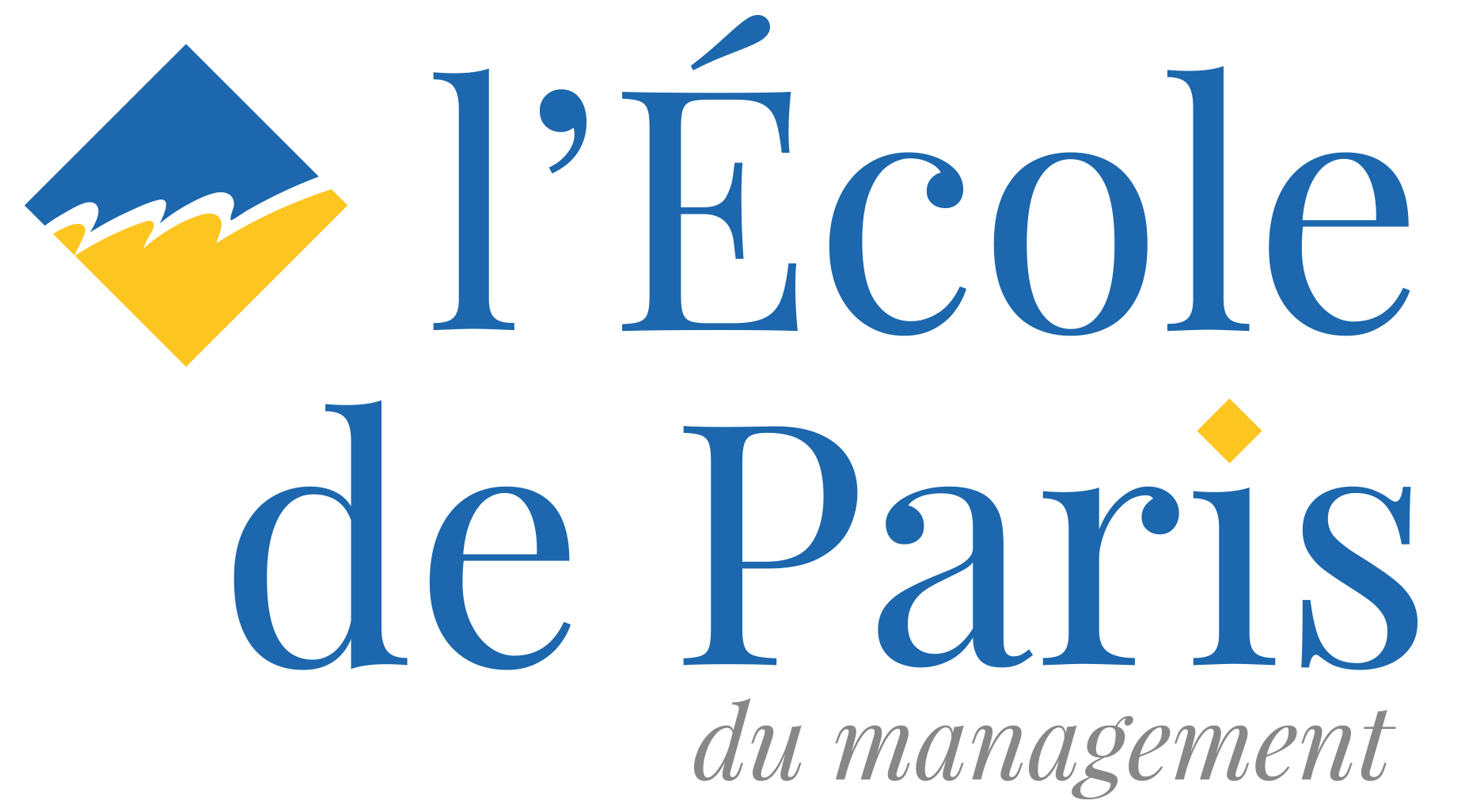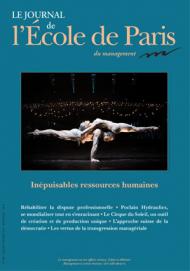The Swiss approach to democracy
Seminar Economy and meaning | Wednesday July 3, 2013 - 9h - 11h30
The word ‘democracy’ is a leitmotiv at the École de Paris‚ and is not just used to describe the government of certain countries. People also mention that they want more democracy in organisations so that the stakeholders are more involved. But what exactly is democracy ? An institutional construction which has various versions‚ or an idealised definition of government by the people, modelled on Switzerland ? Switzerland, however, is a ‘blind spot’ as far as the French population is concerned‚ and it is this shortfall which Matthieu Calame attempts to remedy. He traces back the beginnings of Switzerland’s current system to 1847 when the country changed from being a confederation to a federation, and when a democratic constitution with specific purposes regarding the organisation of power and counter-power was imposed. He shows how the system works‚ demonstrates its limits, and explains how the Swiss people feel that they exercise power. After these explanations, one should have a more enlightened appreciation of democracy.
The entire article was written by:
Jean BÉHUE GUETTEVILLE



No comments yet